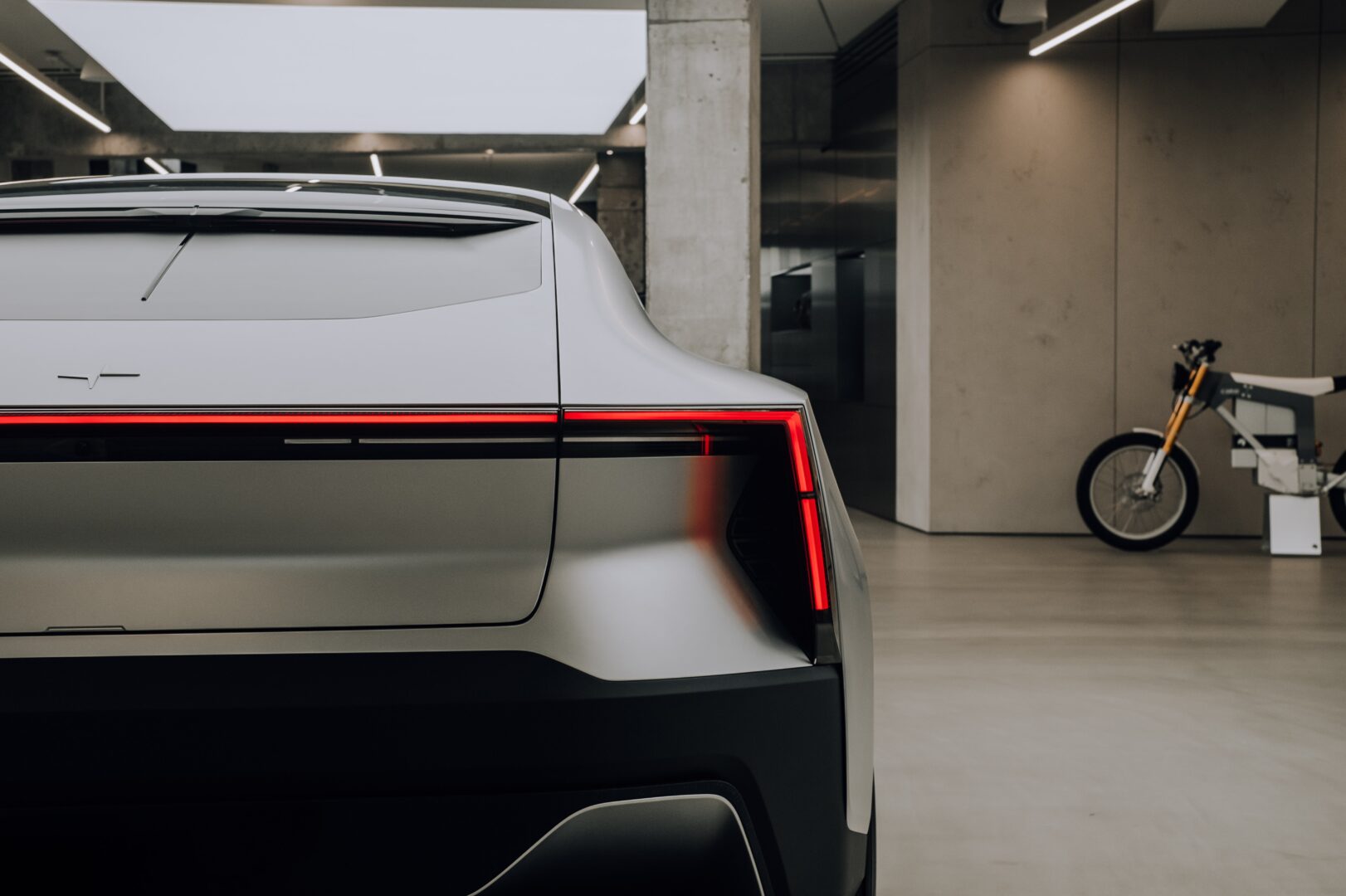A recent study by J.D. Power suggests that people’s satisfaction with their cars is declining, and technology may be to blame. The renowned J.D. Power APEAL (Automotive Performance, Execution, and Layout) study has been tracking customer satisfaction in the automotive industry for the past 28 years. The study measures various aspects of car ownership, including exterior design, interior features, powertrain performance, infotainment systems, and overall driving experience.
In recent years, however, the study has revealed a consecutive decline in customer satisfaction, raising concerns within the industry.
According to the 2023 APEAL study, overall satisfaction among new car owners has decreased by two points from the previous year, with a total score of 845 out of 1000. This decline may seem small, but it serves as a warning sign that larger issues may be at play. Frank Hanley, senior director of auto benchmarking at J.D. Power, emphasizes the need for manufacturers to better understand what owners truly want in their new vehicles.
The Influence of Technology on Customer Satisfaction
One of the most significant contributing factors to the decline in customer satisfaction is the integration of technology within cars. While manufacturers strive to enhance the driving experience through advanced features, customers are becoming increasingly lukewarm about these innovations. The J.D. Power APEAL study reveals that car owners are less inclined to use their vehicle’s built-in infotainment systems for tasks such as playing audio, making phone calls, voice recognition, and navigation.
Only 56% of car owners prefer to use the in-built audio system, down from 70% in 2020, indicating a shift towards external systems, such as smartphones, for these functions. Technologies like Apple CarPlay and Android Auto, which allow for screen mirroring and utilise familiar smartphone interfaces, have gained popularity as users find them more intuitive and user-friendly compared to the built-in systems provided by car manufacturers.
This dissatisfaction with in-car technology extends beyond infotainment systems. The study also highlights a decline in satisfaction with tech-focused car companies, including Tesla. While Tesla still ranks above average, its satisfaction score has decreased by nine points from the previous year.
More from News
- What Do Experts Have To Say About The Recent Interest Rate Cut?
- Cat Food Brand Fuzzball Celebrates Winning The Largest Prize In E-Commerce History
- What Is Truth Social, And Who Uses It?
- Google Cloud And Plexal Partner To Help Security Startups
- SpyCloud Enhances Investigations Solution With AI-Powered Insights
- Is Trump Creating An AI-Powered Search Engine?
- HostBreach Offers Free Cyber Snapshot For CMMC Compliance
- Is Recruitment In The UK Picking Up Again?
The Impact of Exterior Design on Customer Satisfaction
Apart from technology, exterior design also plays a crucial role in customer satisfaction. The J.D. Power APEAL study reveals that satisfaction with exterior styling has decreased, scoring only three points above carryover models. This finding is particularly significant as exterior design has a direct impact on a customer’s emotional connection with their vehicle.
In recent years, automotive design has become more polarising, with manufacturers aiming to create edgy and different designs resulting in creases and crinkles in the sheet metal are random and lack cohesion. Many cars now feature aggressive and angular front-end designs, reminiscent of an angry shark, sacrificing overall aesthetic harmony for branding purposes. This shift in exterior design philosophy may contribute to the declining satisfaction among car owners.
The Rise of Electric Vehicles and Changing Customer Preferences
The rise of electric vehicles (EVs) is another significant trend shaping the automotive industry. As more consumers embrace EVs, their preferences and expectations regarding car ownership are evolving. The J.D. Power APEAL study offers insights into the satisfaction levels of EV owners compared to those of conventional vehicle owners.
Surprisingly, EV owners report higher satisfaction levels with fuel economy, a factor in which EVs traditionally excel. The study indicates that EV owners are content with the range of their vehicles, debunking the notion that range anxiety is a major concern. This finding suggests that range is not as significant an issue as previously believed, and EV manufacturers should focus on improving other aspects of the ownership experience.
When it comes to overall satisfaction, both fuel-powered cars and plug-in hybrid cars score similarly, while battery electric cars, including Tesla models, trail behind by only three points. This indicates that EVs are gaining ground in terms of customer satisfaction, challenging the dominance of traditional fuel-powered vehicles.
Driving Forward: The Future
The automotive industry must navigate the changing landscape of car ownership: manufacturers should prioritise user-friendly and intuitive infotainment systems that seamlessly integrate with smartphones, allowing customers to leverage the familiarity and convenience of their mobile devices; they should focus on exterior design, balancing uniqueness and aesthetic harmony, can enhance the emotional connection between owners and their vehicles.
Lastly, as EVs become more prevalent, manufacturers must address customer concerns beyond range anxiety. Improving charging infrastructure, enhancing driving comfort, and ensuring competitive pricing will be vital in sustaining customer satisfaction in the electric vehicle market.

